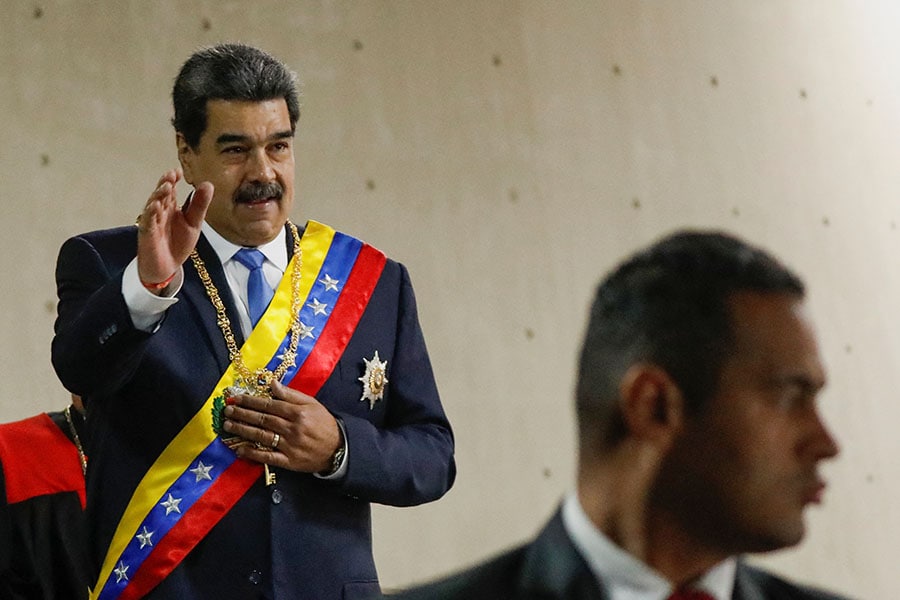Venezuela Restructures Crypto Department Amid Corruption Allegations
The government claims that this move is aimed at protecting the people from the harmful impact of economic sanctions and other potential threats


 Venezuela’s President Nicolas Maduro Image: Leonardo Fernandez Viloria / Reuters
Venezuela’s President Nicolas Maduro Image: Leonardo Fernandez Viloria / Reuters
On 17th March, Venezuelan President Nicolà¡s Maduro issued a decree announcing the restructuring of the National Superintendency of Crypto Assets, which will be led by a new board.
Anabel Pereira Fernà¡ndez, a lawyer who previously worked as the president of the Venezuelan equivalent of the U.S. Federal Deposit Insurance Corp, will head the board. Other members of the board include Luis Alberto Pérez Gonzà¡lez, Héctor Andrés Obregà³n Pérez, and Julio César Mora Sà¡nchez.
The decree did not give any specific reasons or details for the restructuring. However, it stated that the new board would be responsible for planning the future actions of the crypto department, which is known as Sunacrip in Spanish.
The administration of Maduro claims that this move is aimed at protecting the citizens of Venezuela from the harmful impact of economic sanctions and other potential threats.
According to local media reports, Joselit Ramirez, who has been leading the National Superintendency of Crypto Assets since its creation in 2018, was not included in the new board structure. The reports also claim that Ramirez was arrested on corruption charges on 17th March.
As the head of the department, Ramirez was responsible for overseeing the implementation of crypto tax regulations and the management of Venezuela"s national crypto, Petro.
Back in June 2020, Joselit Ramirez was added to the U.S. government"s Most Wanted List, and a reward of up to $5 million was offered by the Homeland Security Investigations branch of the United States. Immigration and Customs Enforcement agency for information that could lead to his arrest.
This action was taken by U.S. authorities based on their belief that Ramirez had strong connections with suspected drug lords such as Tareck El Aissami, who was the former vice president of Venezuela. These connections were said to be deeply rooted in politics, society, and the economy of Venezuela.
The bounty offered for the capture of Joselit Ramirez was the lowest amount among the group of alleged co-conspirators. The U.S. government had offered a bounty of $15 million for the capture of Venezuela"s president, Nicolas Maduro, who was the highest-ranking official on the list. In addition, there were bounties of $10 million for the capture of several other top officials, including Tareck El Aissami.
Shashank is the founder of yMedia. He ventured into crypto in 2013 and is an ETH maximalist. Twitter: @bhardwajshash
First Published: Mar 21, 2023, 16:07
Subscribe Now